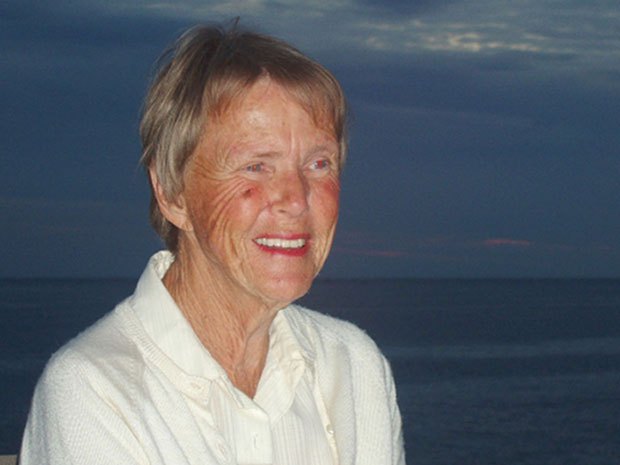Like this article? Of course you do. rabble is reader-supported journalism. Chip in to keep stories like these coming.
The situation of B.C. resident Margot Bentley has received much attention in the media over the past two years as her case progressed through the legal system. Margot is a former nurse who is now in the final stages of Alzheimer’s disease. Years ago, she wrote a “statement of wishes” advance directive requesting “no nourishment or liquids” to be given in her final days. Margot has lived at the Maplewood Care Home in Abbotsford B.C. since 2009 and is fully dependent on the staff for all of her daily needs, including dressing and feeding.
The health care consent legislation in British Columbia clearly states “an adult may in an advance directive give or refuse consent to any health care described in the advance directive.” However, it also states that “an instruction in an advance directive to do either or both of the following is not valid and must be severed from the advance directive: a) to do anything that is prohibited by law; b) to omit to do anything that is required by law.”
A lesser-known piece of this situation is that a second, less clear advance directive was found after Margot was diagnosed with Alzheimer’s disease. This second document stated she would “accept basic care” but no “artificial means.” This has been interpreted to mean that Margot would not want to be fed with a tube feed, but leaves the situation of receiving nourishment by spoon relatively unclear.
However, a judge ruled that feeding with a spoon is “personal care” not “medical care” and that the care home is obligated under law to provide personal care to the residents. Personal care was not explicitly addressed in Ms. Bentley’s advance directive and it is unclear if a substitute decision maker would be allowed to refuse feeding by spoon on behalf of a care home resident. At this point, it appears the answer is no.
Margot’s situation highlights the one of the major problems with advance care planning in B.C. The advance care planning legislation was updated in 2011 and education has been done to bring citizens and health care providers up to speed on the legal changes. However, much confusion remains. Advance care planning and advance directives can be a useful tool for those facing a life-threatening or life-limiting illness but these documents cannot possibly cover every potential situation that may occur.
Additionally, a young and relatively healthy person may have a difficult time identifying what they would want, especially when they may have limited medical knowledge. Choosing potential interventions from a “menu” of options is rarely useful to the medical professionals providing care, particularly in areas such as intensive care.
Statements such as “no intubation” are frequently made absent of the understanding such treatment is usually intended to be a temporary life-saving measure. Other challenges of advance directives include vaguely defined wishes, as well as documents that are not up to date and not easily located.
An advance directive may not be followed if wishes are too vague or unclear, in conflict with the person’s known wishes, values or beliefs, was not made voluntarily, was made before advances in medical technology or knowledge that may benefit the person or the person was not capable at the time the advance directive was signed. Advance care planning and advance directives are an important part of patient choice and autonomy but much work still needs to be done to ensure wishes are clearly communicated and respected.
Margot had a great deal of medical knowledge, being a retired nurse. She also made the important choice of identifying whom she would wish to speak for her if she was unable to do, and this is the most important piece of an advance directive. It is also advisable to choose a secondary person to act as one’s decision maker, in case the first choice is unable to do so. Advance directives must clearly outline wishes for personal and health care.
It appears that Ms. Bentley did everything right, however, Margot’s daughter now finds herself in a terrible situation, unable to honour the prior expressed wishes of her mother.
Sarah Chapple is an ICU Social Worker and a PhD Student in the Interdisciplinary Studies Graduate Program at the University of British Columbia. Her writing explores issues related to disability, ethics, human rights, end-of-life care and health care decision-making.
Like this article? Of course you do. rabble is reader-supported journalism. Chip in to keep stories like these coming.



